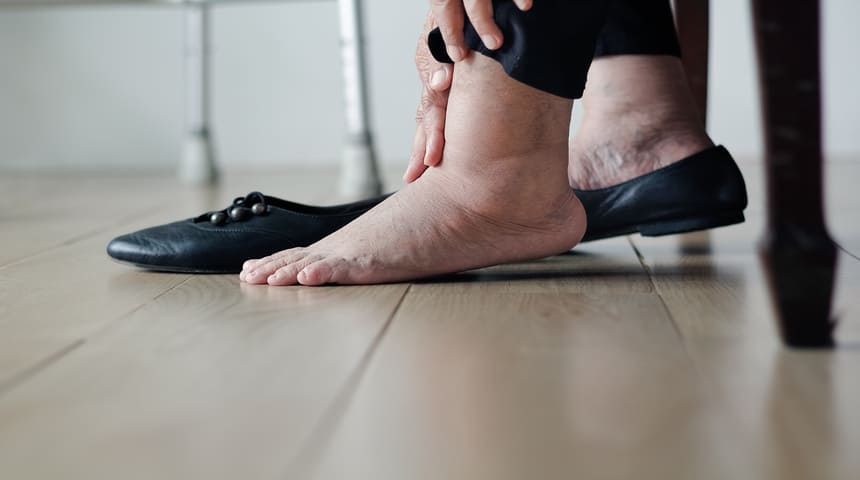Did you used to run a couple of miles a day, but now you’re exhausted running to the end of your street? Do you have shortness of breath or chest tightness? It might be time for a heart stress test.
The test will examine how your heart works when it’s pumping during exercise or physical activity. And it’s done in a controlled environment – with a doctor at your side.
What a Stress Test Reveals
The most common thing cardiologists look for are signs of coronary artery disease, which creates problems with what is essentially the plumbing system that supplies the heart. As you age, these pipes can build up with cholesterol and become clogged, forcing your heart to work harder. If severe enough, this blockage can lead to a heart attack.
A test may also be recommended for reasons that include:
- Diagnosing heart rhythm issues. Heart arrhythmias occur when electrical signals regulating your heartbeat don’t work correctly. This may cause your heart to beat too fast, too slowly or irregularly.
- Guiding treatment of heart disorders. The test can be used to evaluate whether a current treatment plan is working if you’ve already been diagnosed with a heart condition.
- Checking the heart before surgery. Your cardiologist may use the test as part of an evaluation to see if you can safely have surgery.
Types of Tests
There are several types of stress test. The most common involves walking on a treadmill or riding a stationary bike while connected to an electrocardiogram (EKG) that measures your heart’s electrical activity.
Other types of tests include:
- Chemical stress test: These are a substitute for people who cannot exercise. The injection – through an IV – causes your heart and body to react as though you were exercising.
- Exercise stress echocardiogram: This is like the standard test, though it offers more detailed information. Your cardiology team will perform an echocardiogram (an ultrasound of your heart) before the test starts and after you reach peak exercise level. It evaluates valve functions and how well blood is flowing.
- Nuclear stress test: This more advanced test adds a radioactive substance that’s injected into your blood stream. Images are taken before and after you exercise.
- Cardiac rehabilitation stress test: Testing may be done as part of a treatment plan if you already have been diagnosed with heart disease. The test helps your rehab team develop an effective exercise program.
What To Expect
On the day of your test (and depending on which test you are getting), you may be asked not to eat or drink anything for up to 12 hours before the test. You also may be asked to hold off on certain medications that could interfere with your heart rate and test data.
During the test, you will have electrodes (like stickers with wires attached) placed on your chest to provide monitoring by the EKG. When you are exercising, your team will also monitor your blood pressure, heart rate and oxygen levels.
Whether on a treadmill or exercise bike, you’ll start at a slow pace, which will be increased slightly every three minutes. This will continue until you reach the target heart rate determined by your cardiologist. At that point, your heart should be under enough stress to evaluate its function and potential problems.
Depending on the test you are taking, it may take up to four hours to complete the process. Only a small portion of this time (8 to 12 minutes at a time) will be spent exercising. You’ll spend the rest of time in imaging or resting between sessions.
Choose to Stay in Touch
Sign up to receive the latest health news and trends, wellness & prevention tips, and much more from Orlando Health.
Sign Up





